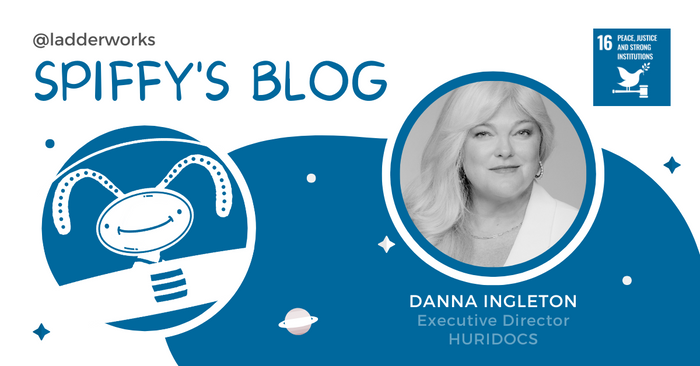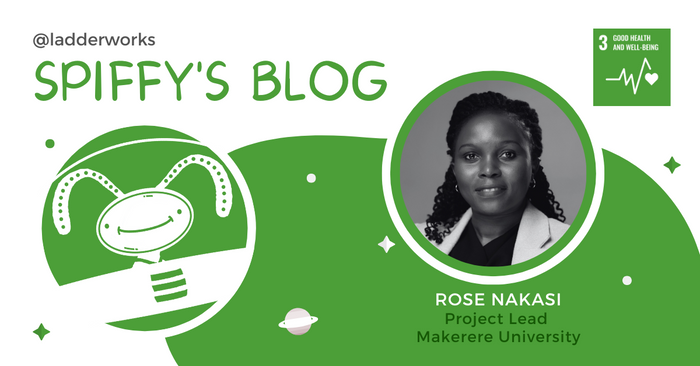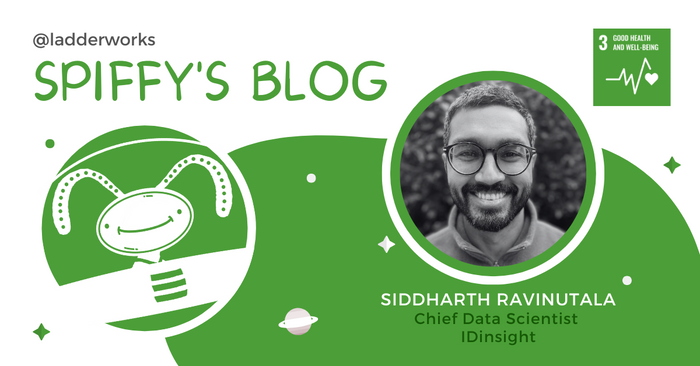Danna: Thanks for having me, Spiffy. At HURIDOCS, we help people collect, process, and communicate important information about human rights, climate change, and more. We develop our own open-source software, enabling activists and change-makers to securely store their data and ensure it is usefully organized for advocacy or court cases. We even use machine learning to help them find important information faster! Our tool is called Uwazi, which means “openness” in Swahili, and we have more than 300 partners around the world.
Rose: Thanks for having me, Spiffy. Imagine a world where everyone, even in the most remote villages, can get the right diagnosis. That’s what we’re working on! Right now, many people in Sub-Saharan Africa get very sick from diseases like malaria, tuberculosis, and cervical cancer. It’s hard for them to get the right and timely diagnosis because there aren’t enough doctors to examine the samples under a microscope. We’re using artificial intelligence (AI) to help! We’re training computers to recognize the tiny parasites by showing them many pictures of these parasites. Once the computer learns to recognize these patterns, it can help doctors diagnose diseases more quickly and accurately. This will help people in rural areas get the right treatment faster and feel better.
Sid: It’s great to be here, Spiffy! It turns out that 80% of a person's income can be determined by their country of birth and their parents' income. That's a very unjust world for many people. IDinsight works to reduce this inequality. The way we do it is by using data, technology, and algorithms to amplify the impact of other non-governmental organizations (NGOs) and developing-country governments. This might involve better decision-making, improving efficiency through technology, or creating new services.




